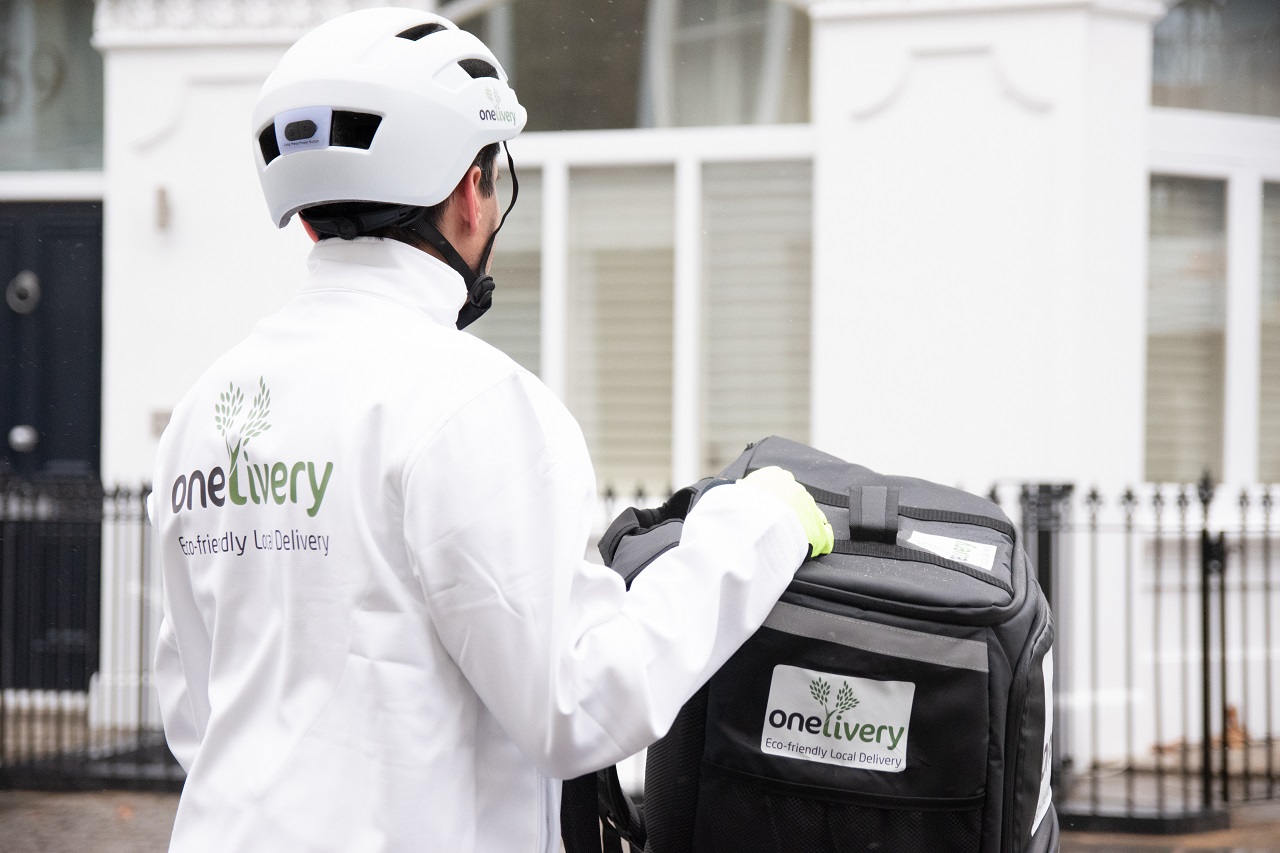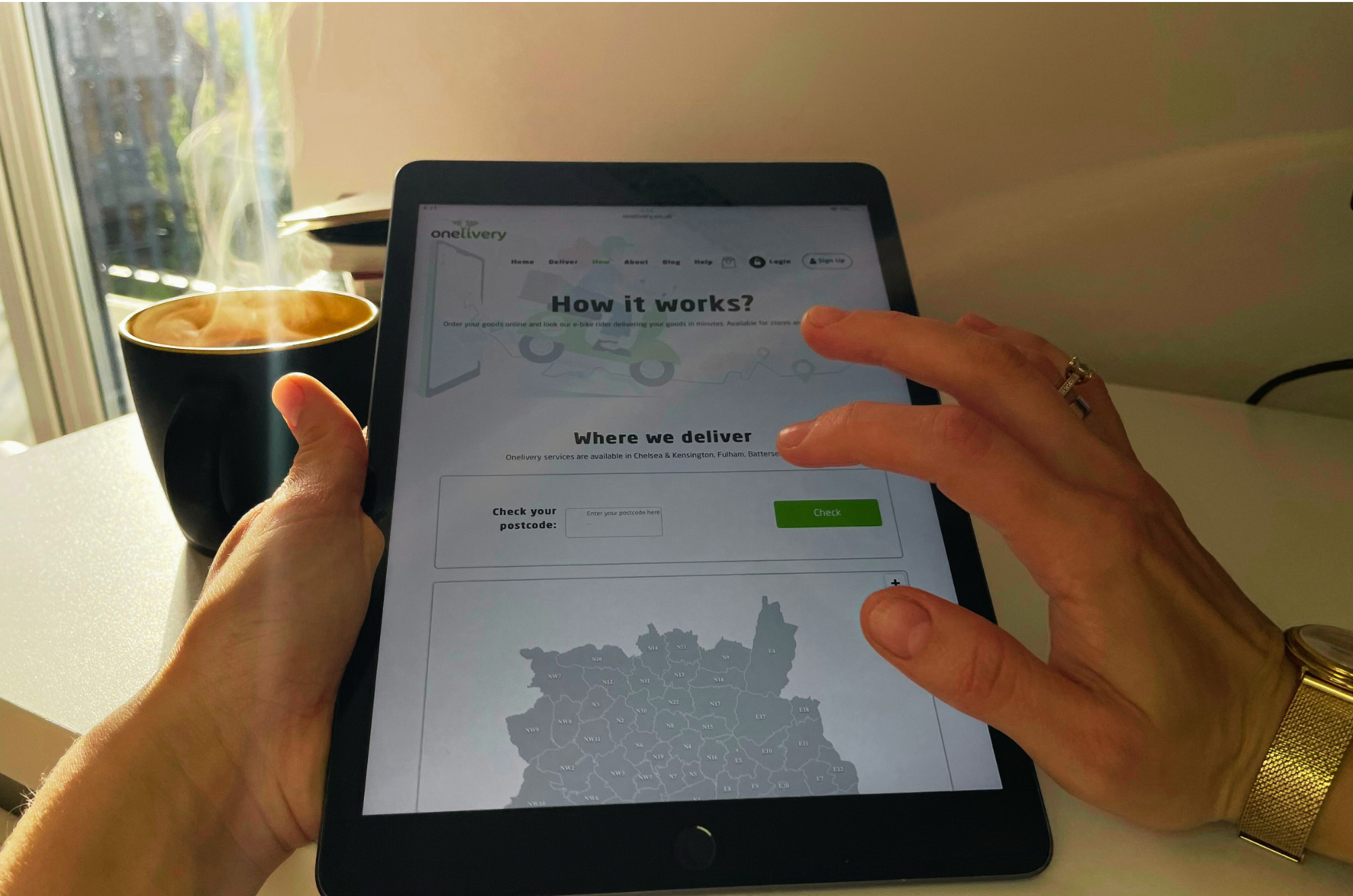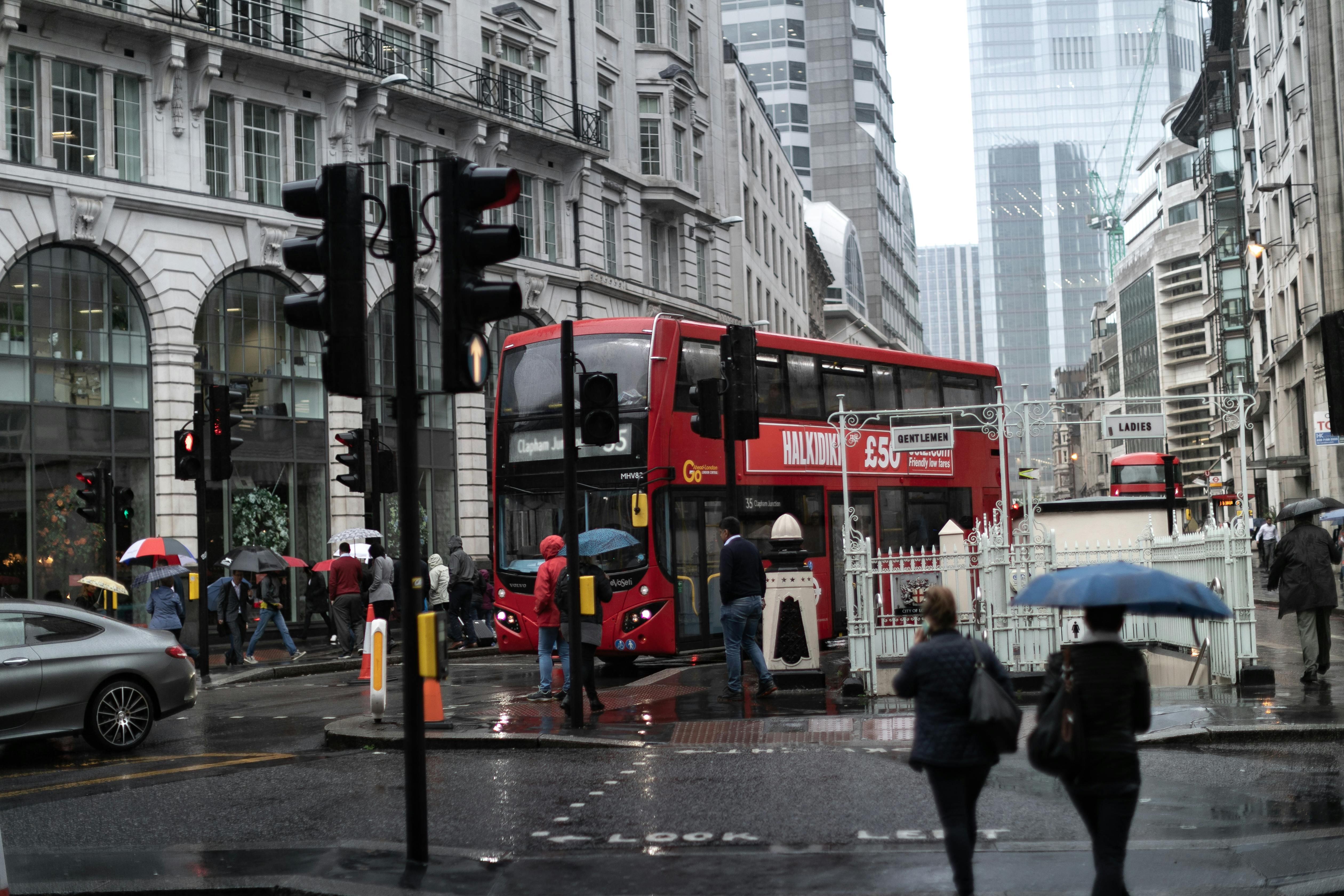The delivery of prescription medication is a critical service provided by the National Health Service (NHS) in the UK. Delivery companies are often expensive and do not provide the necessary training to self-employed delivery riders to carry out prescription deliveries. Same day medication delivery can be challenging due to several factors. This article will focus on three main problems that can make delivering same day NHS prescriptions a significant challenge.
1. Cost of last-mile medication delivery
The last-mile of medication delivery, which is the distance from the pharmacy to the patient's doorstep, can be the most expensive and challenging part of the delivery process. It requires resources, such as vehicles and drivers, to cover the few miles from the pharmacy to the patient's location. The cost of transportation can be significant, especially for pharmacies that need to deliver medications to remote areas. Using cost-effective and reliable transportation methods, such as electric bikes and scooters, can help reduce costs and improve delivery efficiency.
2. Reliable riders to deliver every day
The availability of reliable riders is crucial to ensure that medications are delivered on time and safetly. A reliable rider should be experienced, have knowledge of the local area, and be able to handle medication with care. However, finding and retaining reliable riders can be challenging for pharmacies, especially those with high demand for same-day delivery services. Using professional courier services or partnering with established delivery companies can help ensure delivery of sensitive packages like medication.
3. Compliance system such as how to track controlled drugs
The delivery of prescription medication requires compliance with regulations and guidelines set by the Medicines and Healthcare products Regulatory Agency (MHRA). Here are three main rules that pharmacies in the UK have to comply with when providing prescription delivery services:
MHRA guidelines require that pharmacies maintain the integrity and quality of prescription medicines during transportation. Pharmacies must have a system in place to ensure that the temperature and other storage conditions are maintained during the delivery process. This is especially important for medications that are sensitive to temperature or other environmental factors.
● Pharmacies must ensure that prescription medications are delivered to the right person at the right location. This requires proper identification of the recipient and verification of their eligibility to receive the medication. The delivery process must also be documented to ensure that there is a clear audit trail of medication movement.
● Pharmacies must comply with all regulations and guidelines related to the storage, handling, and transportation of controlled drugs. This includes keeping accurate records of the movement of controlled drugs during the delivery process, verifying the identity of the recipient, and maintaining secure storage and transportation methods.
In summary, pharmacies providing prescription delivery services in the UK must comply with MHRA regulations related to maintaining the integrity and quality of medications during transportation, ensuring the correct delivery to the right person and location, and complying with regulations related to controlled drugs.
Onelivery helps pharmacies deliver NHS prescriptions on the same day and reduce the cost of last-mile delivery, by providing a fleet of reliable riders, and ensuring compliance with MHRA regulations during all stages of the delivery process.
Onelivery’s proprietary software allows pharmacies to reduce costs while dispensing prescription and providing reliable transportation methods. Our powerful software provides an all-in-one system, with a full history of all delivered prescriptions, allowing pharmacies to improve their medication delivery services and provide better patient care.









